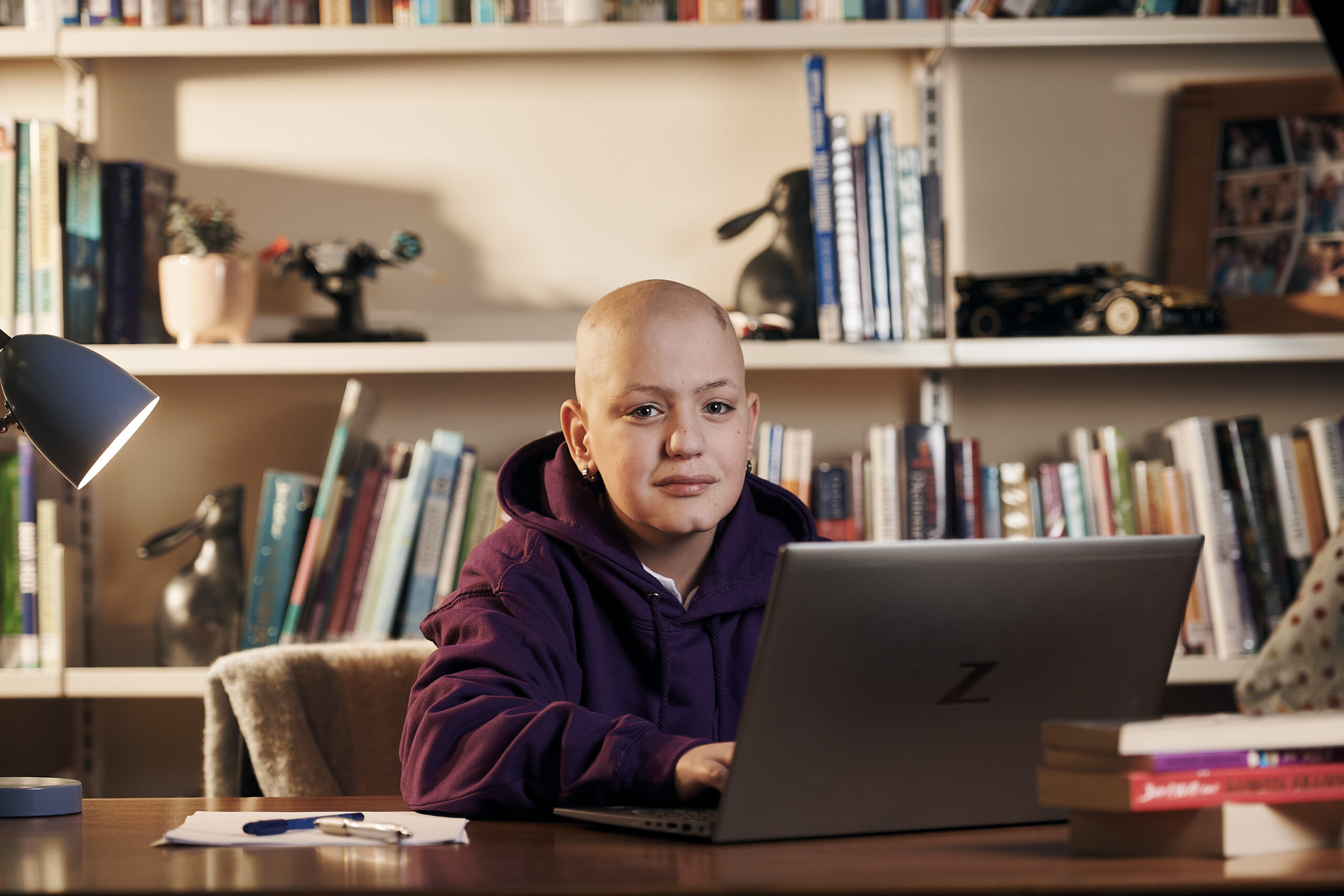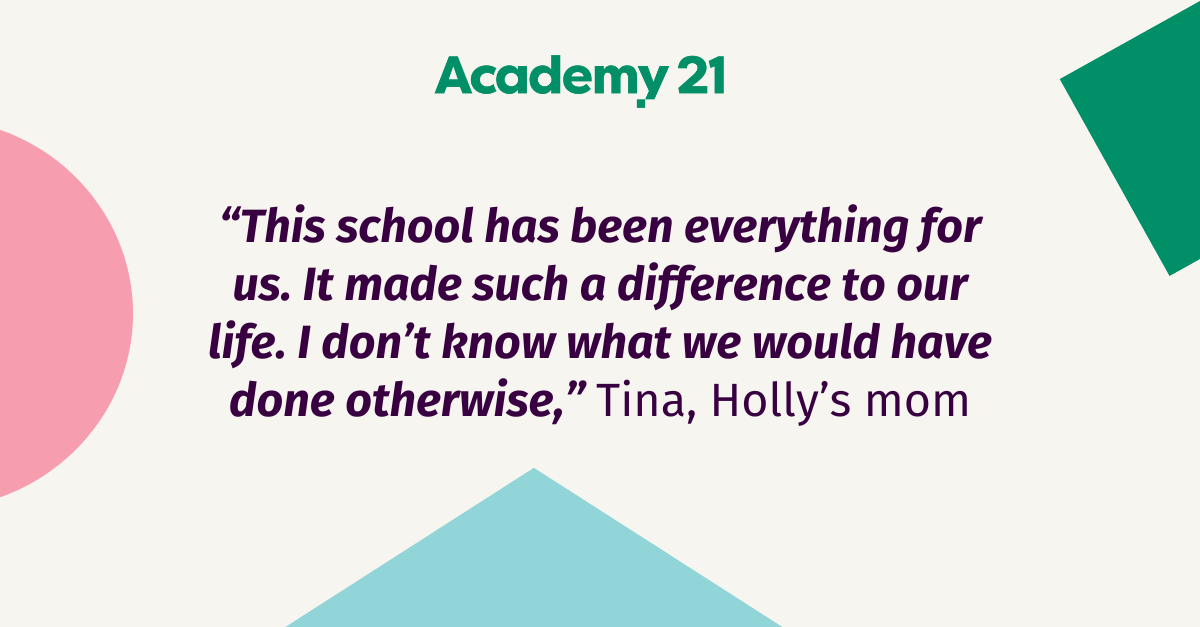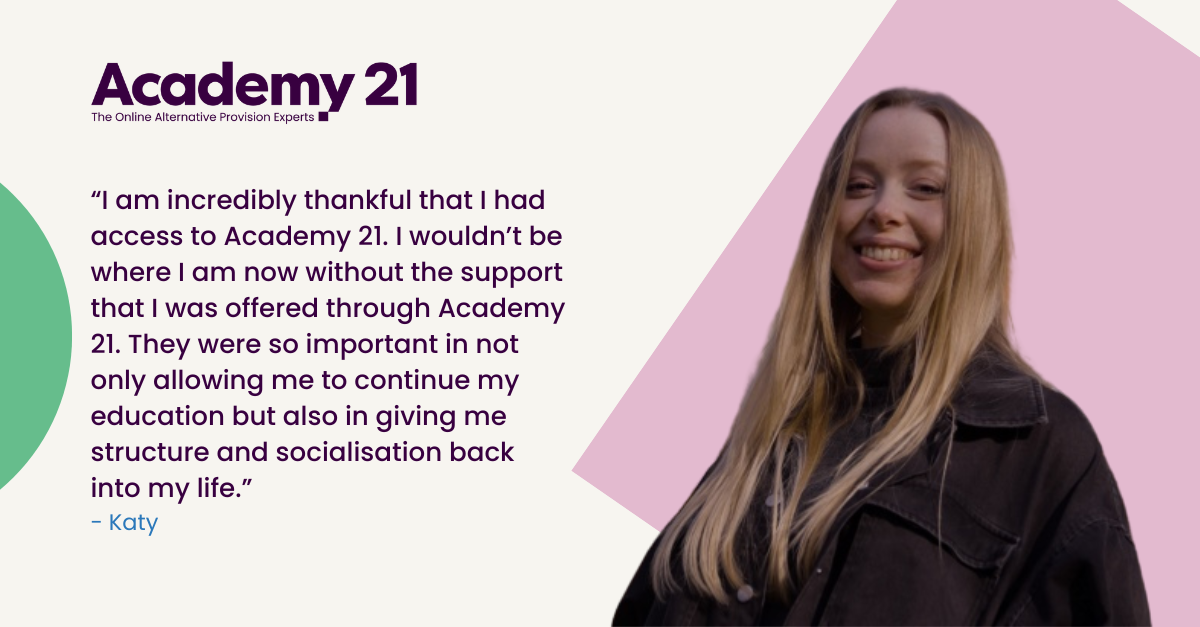How to support children with medical needs in schools

When a child has medical needs, education can be one of the first areas to suffer. Long absences, hospital stays, or chronic health conditions can all create barriers to learning. Yet every student, no matter their circumstances, deserves the opportunity to make academic progress, connect with peers, and thrive.
For schools and families alike, supporting children with medical needs often means adapting the traditional way of doing things. Whether a student cannot attend school in person, needs to study part-time, or requires additional flexibility in their timetable, there are ways to provide a meaningful and consistent education that works around their health.
What does the term “medical needs” encompass?
The term “medical needs” covers many factors that affect a student’s health and ability to attend or participate in school. In our experience this may include:
- Chronic illnesses such as diabetes, asthma, or epilepsy
- Recovery from surgery or injury
- Ongoing treatment for cancer or other severe conditions
- Mental health difficulties such as eating disorders, anxiety, or depression
- Medically unexplained symptoms or fatigue
Some medical needs are visible. Others are less apparent but can be just as challenging for the incredible young people who manage their symptoms whilst seeking to reach their personal goals and ambitions. As a result, students may face misunderstanding of uncertainty from others, especially when their specific needs are not immediately visible. In all these cases, the goal for schools is the same: to provide a consistent, meaningful education that works around the student’s health, prioritising their wellbeing and recovery.
Responsibilities of schools in supporting medical needs
Under Section 100 of the Children and Families Act 2014, local authorities and schools in England have a legal duty to “make arrangements for supporting pupils at the school with medical conditions.” This means that:
- Schools must not discriminate against students with medical needs
- Reasonable adjustments should be made to accommodate their condition
- A suitable full-time education must be provided (or part-time where appropriate for medical reasons)
Schools often collaborate with families and other professionals to create individualised plans and arrangements to work for the student. Indeed, the compassion and innovative thinking from many can make a real difference. Such plan will set out the student’s medical needs and how those needs will be supported—whether through in-school adjustments, staff training, or alternative provision.
Where a student cannot attend school for 15 days or more (consecutively or cumulatively), the local authority becomes responsible for arranging alternative education, which might include tuition at home or online alternative provisions like Academy21.
The real impact of medical needs on education
Medical needs can affect students in many different ways. For some, a diagnosis may mean frequent hospital visits and extended time away from the classroom. Others may live with long-term health conditions that fluctuate in severity. Even when students are physically present in school, fatigue, pain, or side effects from treatment can interfere with concentration and participation. Indeed, many schools and families will know and be supporting remarkable students managing such challenges every day.
Aside from academic challenges, students with medical needs may feel disconnection from their peers and teacher, anxiety about missed learning, and a sense of separation from their school community. This can be particularly acute for students with less widely understood conditions.
That’s why it’s crucial to look beyond physical attendance and exam results when considering educational adjustments. Emotional wellbeing, personal growth, and maintaining relationships are all part of the broader picture.
How to support children with medical needs in schools
Collaborating with families and health professionals
Supporting a child with medical needs is rarely something that can be done in isolation. A joined-up approach involving families, schools, and healthcare providers helps to keep everyone on the same page and ensures that education is planned around the child’s health.
It’s equally important that communication remains open and responsive. A student’s needs can change quickly, especially during treatment or recovery. Regular updates between families and school staff help keep plans relevant and meaningful.
Meeting students where they are with adjustments to their learning
One of the most effective ways to support students with medical needs is to introduce flexibility into how, when, and where they learn. This might include:
- Part-time timetables for a specified period so that students can manage their energy levels
- Online lessons, which can be accessed from home, hospital, or wherever the student is able to ensure continuity of education.
- Recorded sessions, allowing students to revisit topics or catch up at their own pace around their needs.
- Flexible deadlines and other accommodations that ensure the student is recognised for their effort and able to gain feedback on their learning.
At Academy21, flexibility is built into every part of our provision. As a leading online alternative provision specialist, we work with partners in local authorities and schools to provide high-quality teaching to students who cannot attend school due to medical needs, mental health challenges, or other circumstances. We have the capacity to onboard new students within just 48 hours, and flexibility to scale provision or level of support up or down as required by the young person.
Our live, timetabled online lessons are delivered by qualified, subject-expert teachers and follow the national curriculum, effectively preparing students for their exams or the next stage in their journey. Being fully online, the classes are designed to be accessible from any setting. Students can engage in smaller breakout sessions, receive teacher support, and access asynchronous materials 24/7 when live attendance isn’t possible due to a doctor’s appointment or aggravated pain.
Real impact: Holly’s story
The value of this kind of flexible alternative provision is clear in the story of one Academy21 student, Holly. Diagnosed with a serious heart and liver condition, Holly found herself unable to attend mainstream school for extended periods and missing most of Year 10. She missed the structure of daily lessons, felt isolated from her peers, and was concerned about keeping up with her studies.
Holly was referred to Academy21 through her local authority and began learning in 2022. Holly’s engagement and dedication to her studies grew, and she started participating actively in her classes. She also found a community and support system that helped her thrive.
Despite her ongoing health challenges, Holly managed to not only take all 14 exams across her seven chosen subjects (including Biology, Chemistry, Maths, and Physics) but also achieve excellent grades. You can read Holly’s full story here.

Considering the social connection
For many students, isolation is one of the hardest parts of battling a health condition. Missing out on friendships, school trips, and informal moments of connection can lead to feelings of loneliness or exclusion, and it is challenging to break this cycle.
Any educational setting should have space for social interaction, peer support, and community. Online learning environments can offer this too through group work, chat functions, and pastoral check-ins.
At Academy21, tutors and staff truly emphasise relationship-building. Every student has dedicated teachers, and our smaller class sizes allow teachers to get to know students as individuals. This can make a world of difference for children with complex medical needs who really benefit from feeling understood and supported.
Thinking long-term into reintegration and academic progression
For some students, online alternative education offers a temporary solution during recovery or while awaiting treatment. However, predicting timelines can be challenging, as conditions may improve or worsen unpredictably. Regardless of the duration, managing reintegration into mainstream education with care is crucial, as well as addressing academic continuity and the student’s emotional and physical needs. The goal is to implement inclusion by design. Consider investments in academic continuity, emotional readiness, and confidence, which typically translates to a gradual, phased approach.
Equally, if students remain in alternative provision through their GCSEs, they deserve a clear path forward. At Academy21, we support young people through this key educational stage, helping them make informed decisions about their next steps, whether that’s further education, training, or employment.
One Academy21 student, Katy, struggled with chronic headaches which led to significant school absences and learning gaps by Year 10. With her dream of studying medicine at risk, her school connected her with Academy21. Through engaging lessons, regular tutor interactions, and progress tracking, Katy was able to catch up on missed coursework and achieve the grades needed for college. She went on to complete A-levels, a foundation course, and a Masters in Pharmacy, and is now training to become a pharmacist.

Flexible learning for students with medical needs
Supporting students with medical needs means recognising the full range of challenges they face—academic, emotional, and social—and adjusting our approach to meet their individual circumstances.
Academy21 offers a tailored online education service for students whose medical conditions prevent regular school attendance. With 100% live, real-time lessons, students can access high-quality education from home or healthcare settings. Flexible class scheduling accommodates medical appointments, and all lessons are recorded so students can watch them on-demand or revise at their own pace.
Additionally, Academy21 provides wellbeing support courses, including anxiety management and social skills development, to help students navigate challenges and maintain their mental health. This comprehensive approach ensures that students with medical needs continue their education without compromise.



